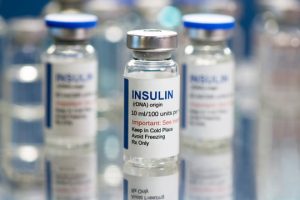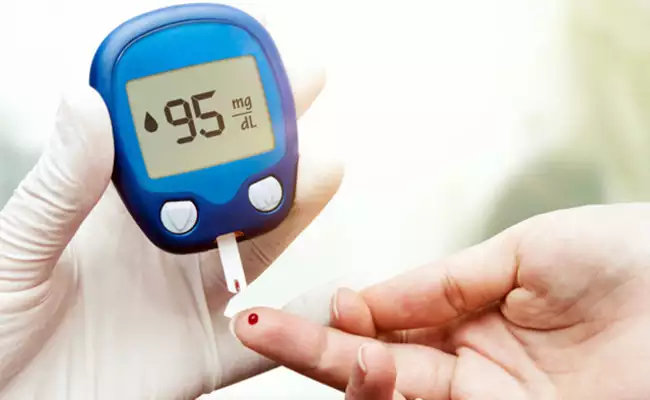What is Type 2 Diabetes?
Type 2 Diabetes is the most common form of diabetes and is a disorder in which the body develops a resistance to insulin, causing glucose or blood sugar to remain elevated. Hundreds of millions of people globally are affected by type II diabetes, and according to the International Diabetes Federation, type II diabetes affects an estimated 711,800 Singaporeans.
A person’s body can develop resistance to insulin after years of consuming a diet high in sugar and practicing a sedentary lifestyle. Until recently, type two diabetes was seen only in adults- as it used to be known as adult-onset diabetes, but more frequently the disease now occurs in children. Due to genetics, some people may be more susceptible to developing type II diabetes, but with diet and exercise, most cases can be prevented.
What is Insulin?

Insulin is a hormone produced by the pancreas that is used to help regulate the body’s blood sugar. The process is a complicated one, but can be explained like this; once you eat or drink something, your body breaks it down into sugar. That sugar then enters your blood vessels as it’s digested which signals the pancreas to secrete insulin. Insulin acts like a guide helping blood sugar enter the cells to then be used for energy. In cases of surplus blood sugar, insulin signals the liver to store blood sugar to use later. Once sugar enters the cells, the level of sugar in the bloodstream decreases, which signals the pancreas to decrease the secretion of insulin. When insulin levels are low, that signals the liver to release stored blood sugar (glycogen), so energy is always available, even after not eating for a while.
As mentioned before, type II diabetes develops over time after living with high levels of blood sugar. When an excess of blood sugar enters the bloodstream, the pancreas works overtime pumping out increased amounts of insulin to guide the blood sugar into cells. After a period of time, cells start to ignore insulin and become insulin resistant. The pancreas continues to make more and more insulin to try and force the cells to respond. Eventually, the pancreas can’t keep up, and blood sugar continues to rise.
Signs of High Blood Sugar
Symptoms of high blood sugar or hyperglycemia in people with diabetes tend to develop slowly over a few days or weeks. In some cases, there may be no symptoms at all until the blood sugar level is very high.
Symptoms of hyperglycemia include:
- increased thirst and a dry mouth
- needing to pee frequently
- tiredness
- blurred vision
- unintentional weight loss
- recurrent infections, such as thrush, bladder infections (cystitis), and skin infections
How does high blood sugar affect the body?
Having regular high blood sugar levels for long periods of time (over months or years) can result in permanent damage to parts of the body such as the eyes, nerves, kidneys, and blood vessels. Having extremely high blood sugar as a type two diabetic can cause a life-threatening condition called hyperosmolar hyperglycaemic state (HHS). HHS is a condition where SEVERE dehydration occurs as the body attempts to remove excess sugar.
How is Type 2 Diabetes managed?
After being diagnosed with Type 2 diabetes, your healthcare provider may start you on medicine to help your body regulate blood sugar. Maintaining appropriate blood sugar levels will help prevent the chronic damage that high glucose levels cause in the body. Monitoring your blood sugar and sticking to recommendations by your healthcare provider is key in maintaining not just your diabetes, but your health overall. What medication is most effective for you could depend on your genetics as well so try out a genetic test if you want more insights in maximizing the effectiveness of your medication.
Apart from medication, type two diabetes can be managed with regular exercise and a healthy diet. If you have any questions about your blood sugar or if you feel you may be at risk of developing diabetes, don’t hesitate to make an appointment with your healthcare provider.
Need medication to help manage your diabetes? Consult with one of our doctors and get medication on the same day on our app
References
- https://www.cdc.gov/diabetes/basics/insulin-resistance.html
- https://www.nhsinform.scot/illnesses-and-conditions/blood-and-lymph/hyperglycaemia-high-blood-sugar
- https://www.diabetesatlas.org/data/en/country/179/sg.html

Christopher Meyer
- Christopher Meyer#molongui-disabled-link
- Christopher Meyer#molongui-disabled-link
- Christopher Meyer#molongui-disabled-link
- Christopher Meyer#molongui-disabled-link

